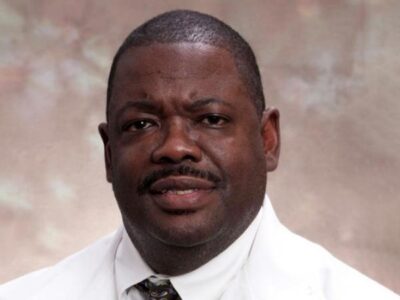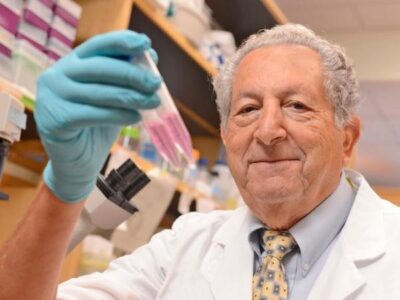The phase III IMscin001 study evaluating a subcutaneous formulation of Tecentriq (atezolizumab) showed non-inferior levels of Tecentriq in the blood, when injected subcutaneously, compared with intravenous infusion.
Thermo Fisher Scientific has launched a next-generation sequencing-based assay for research in myeloid measurable residual disease.
Lynparza (olaparib) was approved by the European Commission as monotherapy or in combination with endocrine therapy for the adjuvant treatment of adult patients with germline BRCA1/2 mutations (gBRCAm), who have HER2-negative, high-risk, early-stage breast cancer previously treated with neoadjuvant or adjuvant chemotherapy.
The University of Texas MD Anderson Cancer Center and TransCode Therapeutics Inc. form an alliance to advance TransCode’s pipeline of RNA-targeted oncology therapeutic and diagnostic candidates.
Poseida Therapeutics Inc. entered into a collaboration and license agreement with Roche to develop allogeneic CAR T-cell therapies directed to hematologic malignancies.
The National Cancer Institute approved the following clinical research studies last month.
Peter Boyle, FRSE, FFPH, FRCPS(Glas), FRCP(Edin), FMedSci, died after a long illness on July 23 at his home in Lyon, France. He was 71.
As Jerome Yates reflects on starting up the University of Vermont Cancer Center in the early 1970s, he quotes Joe Simone: “When you’ve seen one cancer center, you’ve seen one cancer center.”
Jerome Carl Landry, MD, MBA, a radiation oncologist at Winship Cancer Institute of Emory University, a professor at Emory University School of Medicine, and former medical director of Grady Memorial Hospital, died recently.
In July, The Cancer History Project is focusing on the founders of cancer centers. Joseph R. Bertino was the founding director of Yale Cancer Center, who served in that role from 1973 to 1975 and remained at Yale through 1986.









